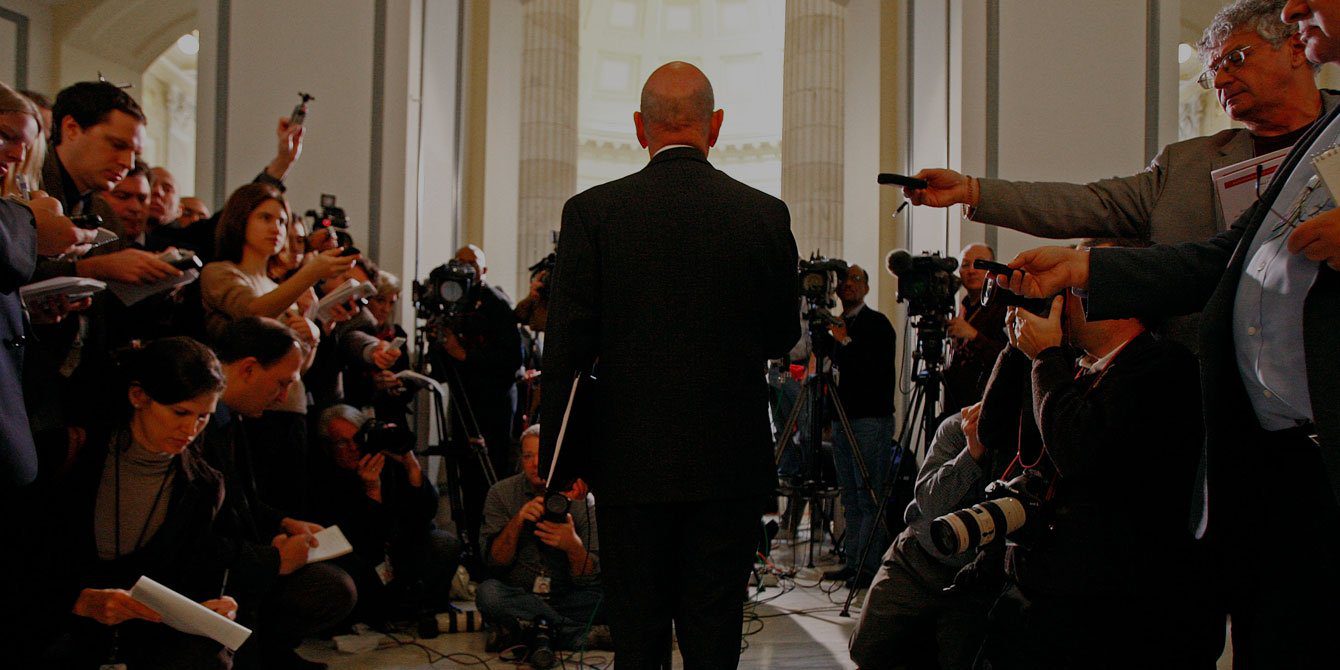Briefing policymakers: tropical forest fires, deadly haze, and human rights during a pandemic
Last month, Congressional staffers and allied NGO partners were invited to a virtual Hill briefing featuring international experts on the human and environmental impacts of deforestation, forest fires, and toxic haze during a global pandemic. Attendees learned how the forest fires already raging in Latin America and Southeast Asia are interlinked with the threats ofCOVID-19.
Moderated by Waxman Strategies’ own Rose Garr, the briefing featured remarks from Congresswoman Deb Haaland (D-NM-01), Dr. Monica Nirmala of the Indonesian conservation NGO ASRI, Professor Britaldo Silveira Soares-Filho, full professor of cartography at the Federal University of Minas Gerais, and Bustar Maitar of the sustainable natural resource management nonprofit EcoNusa.
Rose Garr kicked off the briefing by highlighting that the U.S. imports and consumes commodities linked to deforestation, including palm oil, beef, biofuels, leather, rubber, cocoa, and timber. She also noted that U.S.-based finance is invested in multinationals linked to deforestation and that U.S. farmers compete in the global market with international producers linked to deforestation.
Congresswoman Haaland then delivered remarks focusing on the unique issues Indigenous people face during the COVID-19 crisis.
Dr. Monica Nirmala also connected the ongoing pandemic to the problem of deforestation, discussing the haze episodes caused by burning forests, and the serious threat they pose to people battling coronavirus infections. During the Q&A, Dr. Nirmala memorably asserted that “healthy forests are the best antivirus.”
Professor Britaldo Silveira Soares-Filho and Bustar Maitar also highlighted that ongoing destruction of the forests – sometimes under the cover of COVID-19 induced shelter-in-place orders – is accelerating climate change, endangering Indigenous communities, and risks contributing to the creation of the next pandemic.
Closing recommendations offered steps for U.S. policymakers, companies, and citizens to address their roles in exacerbating these issues. Recommendations included restricting access to U.S. markets for commodities produced abroad through illegal deforestation, reducing pressure to expand agricultural production—through domestic biofuel policy in particular—and establishing finance mechanisms that remunerate landowners for conserving high carbon stock areas.
You can watch the full briefing here
Waxman Strategies’ work on conservation is funded in part by the European Federation for Transport and Environment and the Center for International Policy. Waxman is required under 22 U.S.C. § 614 to disclose that this material is distributed on behalf of the aforementioned organization(s), working under grant from the Norwegian Agency for Development Cooperation. Additional information is on file with the Department of Justice, Washington, D.C.

